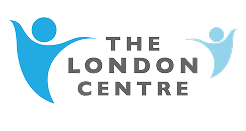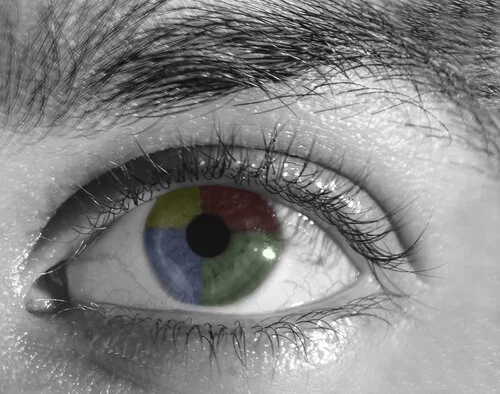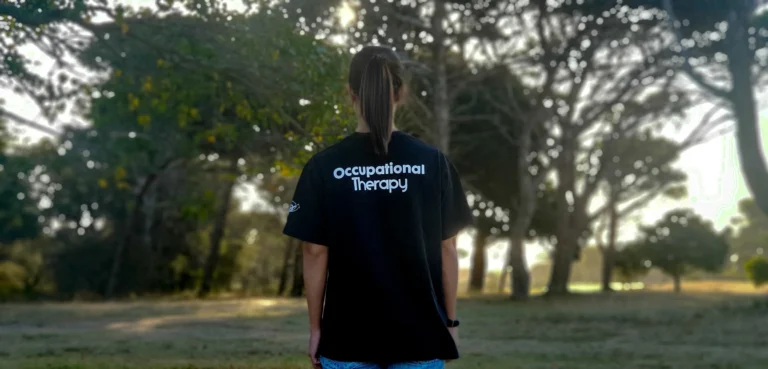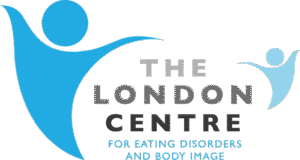We are 10! Celebrating the importance of MDT working to mark our 10 year anniversary
I wanted to write something to somehow mark the significance of The London Centre turning 10 years old. It feels hard to believe we have reached this 10 year milestone, but to think of the many thousands of clients we have helped and supported during that time is a wonderful feeling. There is a lot I’ve learned about what makes a good ED team over the last 10 years and to mark this significant anniversary I wanted to share some of that here. Above all, I wanted to thank the incredible colleagues that I have been privileged to work alongside over the past 10 years, some in the past, many still in the present. It has, without a doubt, been the most enriching and enjoyable experience of my professional life so far.
- The importance of being patient-centred. Above anything it is crucial to see each client you work with as an individual – working according to where they are at in their journey, meeting their needs collaboratively, involving them in decision making, making evidence based recommendations but with flexibility according to their preferences, their motivation, their histories and their goals is, in my view, the only way to offer ‘gold standard’ ED treatment
- The importance of offering a variety of interventions. Many ED clinics, sometimes for good reasons, often for resource driven reasons, are limited in the treatment approaches they offer. They may only be able to offer limited treatment model options, or only be able to offer a limited number of sessions, often following recommended NICE guidelines to dictate treatment length. In reality each individual requiring treatment is an individual, and as such they will each have their own needs, preferences and complexities. The ability to offer a range of interventions, appreciating that there may also be the need to change interventions, integrate interventions, change clinicians, or adapt treatment length according to client need, can only enhance the ability of a clinic to meet a clients needs.
- The importance of looking after the team. Without a strong team, an ED team cannot run well. Running a team is not just about considering the needs and preferences of the clients. It is also about prioritising the needs and preferences of the clinicians. Being available for support, supervision and discussion, not just when it is due, but whenever it is needed, is essential in ensuring the team are able to offer the best interventions to all clients.
- The importance of growing organically rather than according to a strategy. A luxury not all teams are privileged to have, but one thing I have really valued over the last 10 years is being able to grow according to opportunity and need, rather than according to strategy or financial pressure. The ability to bring in staff only when someone exceptional comes along, rather than because a strategy dictates it, means the team will be stronger, and again, interventions will be better.
- The importance of communication. Communication is key. It isn’t always easy, especially in private services where not everyone will work on the same days, or where remote working adds its own challenges to the ability to communicate regularly. But it remains essential, and finding ways that aid and facilitate good communication between all parts of a service, including the ability to hear the client’s voice, should always be a priority for well run services.
- The importance of a team. A team can mean many things, but above anything what I have valued in the last 10 years is the opportunity to work alongside, and in partnership with, incredible people. It doesn’t matter how long you have worked in a particular field, there is always more to learn and people can always challenge your thinking and assumptions. Having a team to consider different options, different approaches to complexities, and to offer support and friendship adds both effectiveness and enjoyment to professional working.
- The importance of a network outside of your team. There will always be cases that are better suited to working with someone external to the team. There will always be complex comorbidities, medical complications, client preferences that can’t quite be met, or needs that exceed the scope of a service. A good external network of exceptional services and clinicians will remain as important to offering good client care, as the importance of having exceptional people within your team.
- The importance of a skilled and empathic administration team. A huge amount of focus within ED teams is on the treating clinicians, however the role of the team supporting the clinicians – the admin team, cannot be underestimated. The first person a client usually speaks to is not a clinician, and the person they contact if they are having difficulties with timings, logistics, finances, preferences, is often not a clinician. Having an admin team who align with the values, ethics and needs of the clinic, and who endeavour to make things as simple, straightforward and friendly for clients as they can, will have a tremendous, and often underestimated part of a successful team.
- The importance of specialist ED services. One of the reasons that I started a specialist ED clinic that I remain passionate about to this day, is the importance of specialisms. There are many clinics that see and treat eating disorders alongside a great many other psychological presentations. The reality for eating disorders especially, is that they should and must be treated by specialists. Just as a GP needs to refer to specialist doctors for a greater depth of knowledge, general psychiatrists or psychologists should also refer to specialist ED clinicians for a deeper level of knowledge about eating disorders. There is a huge amount of specialist knowledge that goes into the assessment of, formulation of, treatment planning for, and treatment delivery of eating disorders and it is not accurate to say that this can be done effectively by any trained psychologist. I would always choose to work within, and treat within a specialist service over a general service and I will always only bring into the team people who possess that level of specialist knowledge backed by experience in order to feel confident that the treatments we are offering really are specialist.
- The importance of developing trainees. Over the last 5 years one of the things I have felt most privileged to be able to offer is trainee psychology placements. The feedback that we get unanimously from trainees is that they learn exponentially, feel supported, feel part of the team, feel respected and enjoy their placements. The ability to train and develop the next generation of clinicians is something that, not only present clients and colleagues, but also future clients and colleagues benefit from hugely.
It has been a wonderful 10 years and I remain extremely grateful to the clients we have learned from, the clinicians we have developed with, and the people and teams that have supported us. Thank you.
If you wish to get in touch, please click here.








